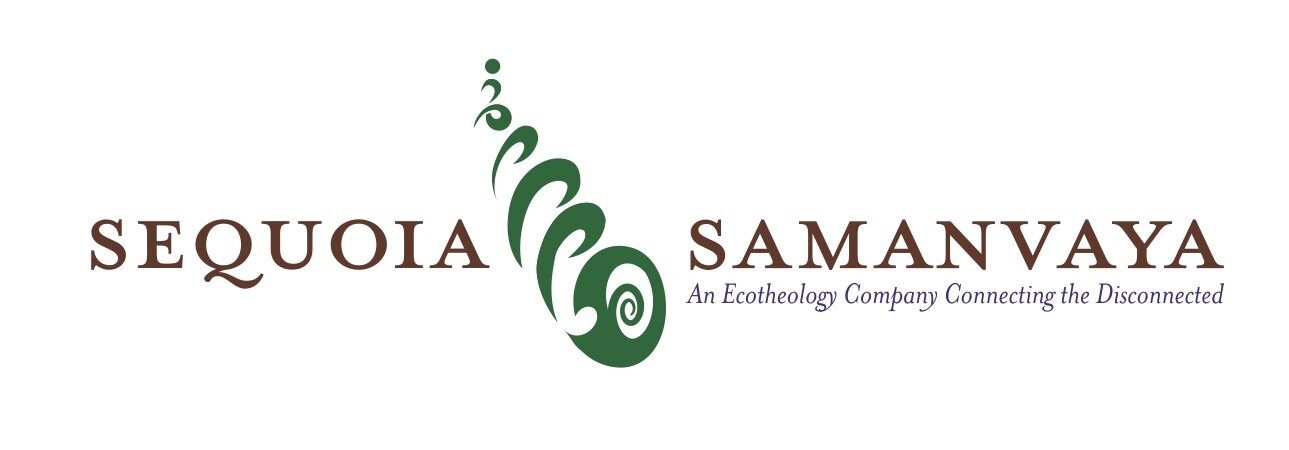How do we engage with Independence Day?
Can we possibly honor this holiday without deepening into the roots of the expressed values of independence, freedom, and happiness... which were very much inspired by the European settlers' indigenous neighbors?
Sign up to:
Access the 2024 4th of July recording featuring conversation with Indigenous peacekeeper Kristine Hill; Indigenous linguist and scholar Dr. Rahnekawę'rih Montgomery Hill kehe'; Rev. Sara Jolena Wolcott, and our guests: Ramona Ferreyra and Jasmyn Story.
Access the 2023 4th of July recording featuring conversation with Indigenous peacekeeper Kristine Hill; Indigenous linguist and scholar Dr. Rahnekawę'rih Montgomery Hill kehe', and Rev. Sara Jolena Wolcott.
Download Sara Jolena's PowerPoint, which participants praised as "excellent" and "something I want to sit with and really digest."
Grab a copy of the Resources and Inquiries Document for further exploration.
Deepen your knowledge about the origins of democracy.
The roots of the democratic governance system itself largely come from the Haudenosaunee Confederacy. In this webinar, we pick up threads of conversation that were happening in the 1600s and 1700s and have largely been lost to how we remember and engage in history differently.
This is a cross-cultural dialogue where we will get into some of what actually happened, some of the structures and governance and symbols, and collaboratively think about re-narrating this important history.
This July 4th, America’s Independence Day, listen to a live cross-cultural conversation about the true histories of democracy and America’s independence from the descendents of some of the people who were there in the 1770s: two members of the Haudenosaunee Confederacy and a descendent of a signer of the Declaration of Independence.
Meet the speakers…
In addition to the speakers listed below, we currently have two Remarkable Respondents: international restorative justice practitioner Jasmyn Story and social entrepreneur and public housing advocate Ramona.
Dr. Rahnekawę'rih Montgomery Hill kehe'
Dr. Rahnekawę'rih Montgomery Hill kehe' Ph.D., is a Tuscarora and Oneida linguist, language activist, and an Assistant Professor of Indigenous Studies at the University of Buffalo Hill.
His work centers around the revitalization of the Tuscarora language and traditional governance structures. He is a member of the Beaver Clan.
Rev. Sara Jolena Wolcott
Sara Jolena is a descendant of the founding families of the United States (Henry Wolcott arrived in 1635; Oliver Wolcott signed the Declaration of Independence) and trained as an eco-theologian and minister at Union Theological Seminary. Her ancestors worked closely with - and sometimes fought with - people from the Haudenosaunee Confederacy. She currently lives in the Hudson Valley, NY, on the homelands of the Mohican peoples.
Kristine Marie Hill
Kristine is a member of the Beaver Clan, Tuscarora Nation, and Haudenosaunee confederacy.
After 20 years as an educator and the parent of four on the Tuscarora Nation, she now serves as an indigenous peacekeeper and restorative practitioner with national and international religious, educational, and corporate institutions. She is an active member of the Ahimsa Collective, The Honeycomb Justice Hive, and started Collective Wisdoms.
Sliding Scale 17$ to 77$
Free (For Indigenous People)
When you register to get access to:
Download the resources and Inquiries Document.
Access the 2024 4th of July recording featuring conversation with Indigenous peacekeeper Kristine Hill; Indigenous linguist and scholar Dr. Rahnekawę'rih Montgomery Hill kehe'; Rev. Sara Jolena Wolcott, and our guests: Ramona Ferreyra and Jasmyn Story.
Access the 2023 4th of July recording featuring conversation with Indigenous peacekeeper Kristine Hill; Indigenous linguist and scholar Dr. Rahnekawę'rih Montgomery Hill kehe', and Rev. Sara Jolena Wolcott.
Download Sara Jolena's PowerPoint that participants called "excellent" and "something I want to sit with and really digest".
Where does “freedom” come from?
Europeans did not know what freedom was until they came to what is now known as “America".
Hint: it was not learned through the (paved) open road.
It was learned from the people who were here prior to the pavement.
Democracy.
It’s not just about politics. Or voting.
So much more is possible.
But to get to what is possible, we need to engage with a different origin story.

“Where common memory is lacking, where people do not share in the same past, there can be no real community. Where community is to be formed, common memory must be created.”
- George Erasmus, Dene Nation, Co-chair of the Royal Commission on Aboriginal Peoples (Canada)
We first offered this conversation in 2023 and again in 2024.
Participants shared how powerful that event was.
“I’ve never encountered an event that helps me engage with the complexity of Fourth of July. This was so needed and important.”
“This was an extra-ordinary gathering.”
“This material is like shifting the tectonic plates of what is Democracy.”
“Nearly a year later, I am still sitting with what you all shared. Thank you. We need so much more of this!”
What does “liberty” come from?
What if we engage in ReMembering what was and what is still here - that which is too often shrouded in the mists of purposeful forgetting?

“Franklin met with both colonial and Iroquois delegates to construct a plan that Franklin acknowledged to be similar to the tenets of the Iroquois confederacy.... To a pragmatist like Franklin, Native American unity through confederation was a political reality, since some fifteen thousand Iroquois people held sway over a territory from Canada to Virginia and as far west as the Ohio River valley. As a noted colonial scholar said, “here indeed was an example worthy of copying.”
In essence, American democracy is a synthesis of Native American and European political theories; there is an abundance of inferential and direct evidence to support the thesis that American government was influenced by Native American political concepts.
To pretend that America’s intellectual tapestry is woven only from European threads is a colossal myth.”
- Chief Oren Lyons and John Mohawk, Exiled In the Land of the Free: Democracy, Indian Nations and the U.S. Constitution (1992)












